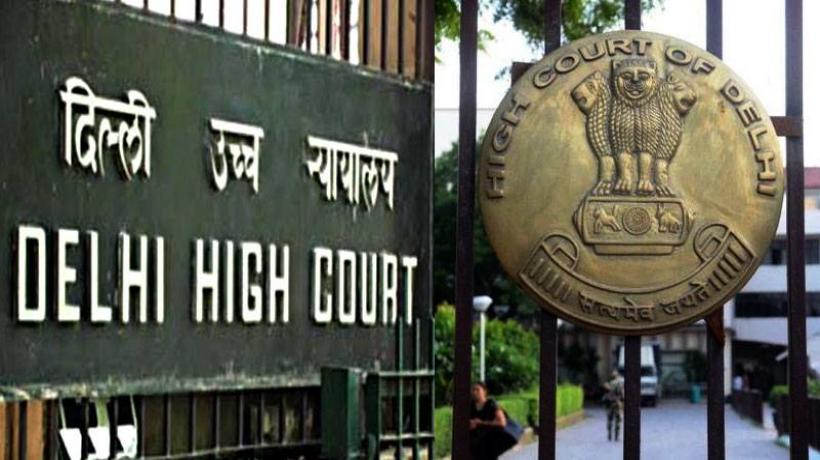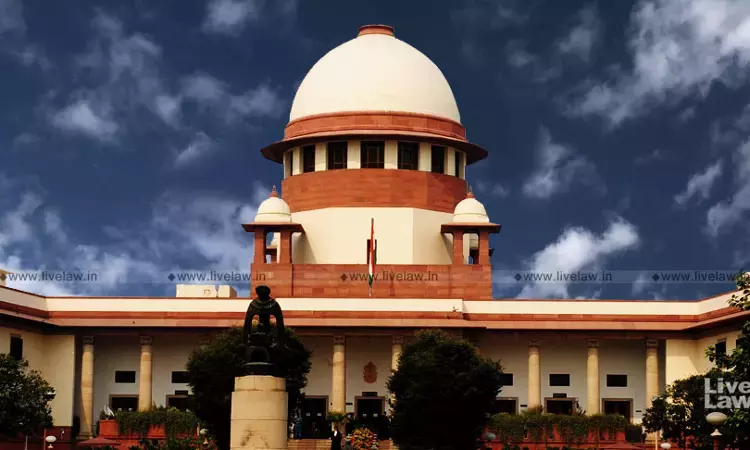
Supreme Court Upholds the fundamental right to Climate Change protection, modifies the power line ban
Last Updated on April 9, 2024 by News Desk
The Supreme Court of India has ruled that people have a fundamental right to be free from the adverse effects of climate change, emphasising that countries like India must uphold their international obligations for healthy and sustainable development.
The court, comprising Chief Justice of India (CJI) DY Chandrachud and Justices JB Pardiwala and Manoj Misra, noted that while government policies and rules acknowledge the adverse effects of climate change, there is no single or umbrella legislation addressing these concerns.
However, the court acknowledged that India’s efforts to combat climate change are numerous, with numerous laws and projects being implemented to protect the environment.
The court also analysed the position regarding the right to a clean environment and the right against the adverse effects of climate change, noting that despite numerous Supreme Court decisions on the right to a clean environment, it was yet to be articulated that the people have a right against the adverse effects of climate change.
The court stressed that it was imperative for states like India to uphold their obligations under international law, including their responsibilities to mitigate greenhouse gas emissions and protect their fundamental rights to live in a healthy and sustainable environment.
The court acknowledged the challenges faced by India in the process. Beyond mere adherence to international agreements, India’s pursuit of sustainable development reflects the complex interplay between environmental conservation, social equity, economic prosperity, and climate change. It acknowledged that solutions to today’s challenges must not only address pressing issues but also lay the groundwork for a resilient and equitable future.
The court lifted the blanket ban it had put on the laying of over-the-ground power lines in areas frequented by the Great Indian Bustard (GIB). The bird was classified as ‘critically endangered’ species in 2018 by the International Union for Conservation of Nature (IUCN). In April 2021, the top court had directed the formation of a committee to assess the feasibility of laying down underground power lines to help save the Great Indian Bustard from extinction.
However, the Union of India moved the Court stating that such a blanket direction was not feasible to be implemented. The court decided to modify the earlier judgment, stating that there is no basis to impose a general prohibition in regard to the installation of transmission lines for the distribution of solar power in an area about 99,000 square kilometers.
The court also noted that there were certain risks involved with underground power transmission cables, such as transmission loss in such cables being higher by about five times.
The court ordered that the blanket direction for underground high- and low-voltage power lines of the nature that was directed by the court earlier would need recalibration.
The top court formed a new expert committee to frame modalities with regard to preserving the bird. The committee’s remit would be to identify the areas to lay the power lines in the 13,000 sq km area, as well as the need for adopting conservation and protection measures for the bird and other fauna. It also has to help mark priority areas for the long-term survival of the species and identify future areas to lay power lines, for which it can issue directions across regions.
The committee is to complete the task and submit a report to the court by July 31, 2024.




